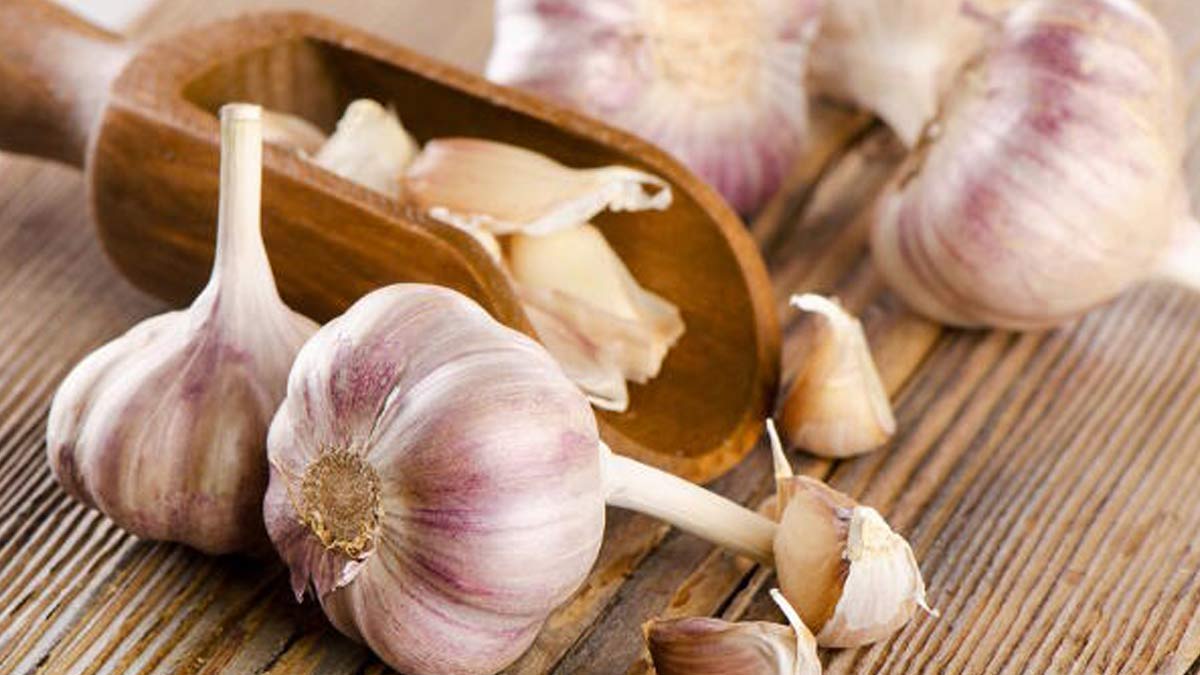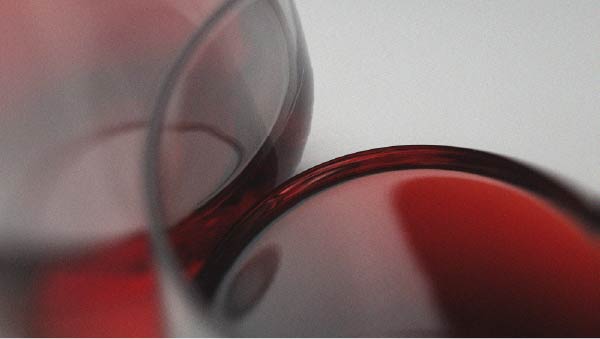Eight good reasons to eat garlic
Garlic not only livens up cuisine, it has been used since ancient times for its medicinal properties. Scientists have studied these properties extensively and confirmed the many health benefits of garlic.

Garlic is antiseptic
Garlic has traditionally been used for disinfecting minor wounds or small cuts (caution: use garlic only on wounds that are not weeping or extensive). In addition to this external use, garlic is also a very interesting internal antiseptic that produces a strong and natural detox effect. Garlic is antibacterial and antiparasitic, and when consumed regularly, it cleanses the entire digestive system, rebalances intestinal flora (garlic contains inulin a natural prebiotic ) and boosts the immune system.
Garlic is antioxidant
Garlic contains flavonoids, tocopherols (vitamin E) and sulfur compounds that give it antioxidant properties . Garlic also helps limit cellular aging and fights the harmful effects of oxidative stress. Taking advantage of these benefits, however, requires eating 1 to 2 whole gloves of garlic per day.
Garlic fights infections
Garlic is antibacterial, antimicrobial, and antifungal, but it is also rich in vitamin C, magnesium, potassium, phosphorus, calcium, and even selenium. Garlic is a valuable ally for fighting infections and viruses. Several studies have shown the value of garlic in treating and/or preventing colds, gastroenteritis, and coughs (although not all of these results have been validated).
Garlic is available in tablets
Garlic tablets are convenient for regular consumption. Supplements on the market today are composed mainly of allicin, the main organosulfur compound in garlic. Allicin is believed to be responsible for the health benefits of garlic. Tablets, capsules, or pills have the benefit of being assimilated indirectly by the body, limiting the problem of halitosis that results from consuming fresh garlic. You can also find garlic as an essential oil.
Garlic protects against certain cancers
Several studies have effectively highlighted the properties of garlic (when consumed in significant quantities, 18 g raw and cooked per week) that help prevent certain cancers (specifically stomach and colorectal cancer). The antioxidant properties of garlic as well as the presence of sulfur compounds (in raw garlic) would explain these results. The results of research into the prevention of other cancers have been more mixed.
Garlic stimulates the cardiovascular system
Many scientific studies have examined the capacity of garlic to thin blood (due to the sulfur compounds it contains) and thus improve blood circulation. Garlic also helps lower blood pressure and has proven very useful for atherosclerosis. The WHO (World Health Organization) classifies garlic as a natural product that can be taken in addition to classic treatments, and the AHA (American Heart Association) classifies garlic as a cardioprotector food.
Garlic regulates cholesterol
Several in vitro and animal studies have shown encouraging results. Garlic could also have a hypoglycemic effect that would help limit bad cholesterol (see the article on the top 10 anticholesterol foods).
Saponins are natural molecules that are present in garlic and have positive effects on cholesterol. These effects, however, are limited and garlic is definitely not a substitute for a healthy diet or for possible medical treatment.
Garlic goes with almost anything
The distinct flavor of garlic is inseparable from most cuisines in the world! Strong or mild (raw, cooked, fermented, or as a confit), in smaller or larger amounts, garlic also knows how to be discreet, and can easily be incorporated in almost any dish. Don’t hesitate to use garlic in any form (new, powdered, or puréed) and vary how you use it: garlic bread, garlic butter, a garlic confit in oil, aioli, and more.
Keywords
1 Days
great experience
Easy ordering, fast deliver, very professionally.
Natasa
4 Days
this company and its products are…
this company and its products are perfect: I have been their customer for three years , prices are reasonable for the high quality they offer , the products are of very good quality not just plainly "normal" , delivery is quite fast. we are very satisfied with them.
Gabriel Diacakis
4 Days
TOP service TOP products will buy again…
TOP service TOP products will buy again and again
PINOTTI Giorgio
7 Days
Trustworthy company with tested products
Trustworthy company with tested products
Trusted
11 Days
Efficiency and speed
Efficiency and speed
Cuccie
13 Days
GOOD BRAND IN FOOD COMPLEMENTS
GOOD BRAND IN FOOD COMPLEMENTS - SERIOUS WITH GOOD DOCUMENTS AND DETAILS SCIENTIST. AND SERIOUS HONNEST COMMERZIALISATION. I HAVE TRUST IN THEIR PRODUCTS.
FENOGLIO Guy
14 Days
Very good experience
Very good experience, the products arrived in time, in perfect condition and are good quality. Thank you.
GABI TIRCOCI
20 Days
very good expereince
very good expereince
Jelena Đaković
20 Days
Very good products.
Very good products.
Agnes BENDSAK
22 Days
Just OK
Just OK, ordering from company for many years and being safisfied
Lynn Mae
22 Days
Recomendo
Produtos encomendados são recebidos atempadamente e de acordo com o anunciado! Muito satisfeita!
Carla Sofia
23 Days
Everything is great!
Everything is great!
Jonas
28 Days
The delivery was fast and the product…
The delivery was fast and the product is great
SOMMARIVA Gianni
29 Days
Great service and lots of information
Great service and lots of information
Gabi
32 Days
Service Satisfaction
I’m satisfied with the service; it fulfilled what it set out to do.
Anfhony Abreu
of experience
your money back
##montant## purchase




